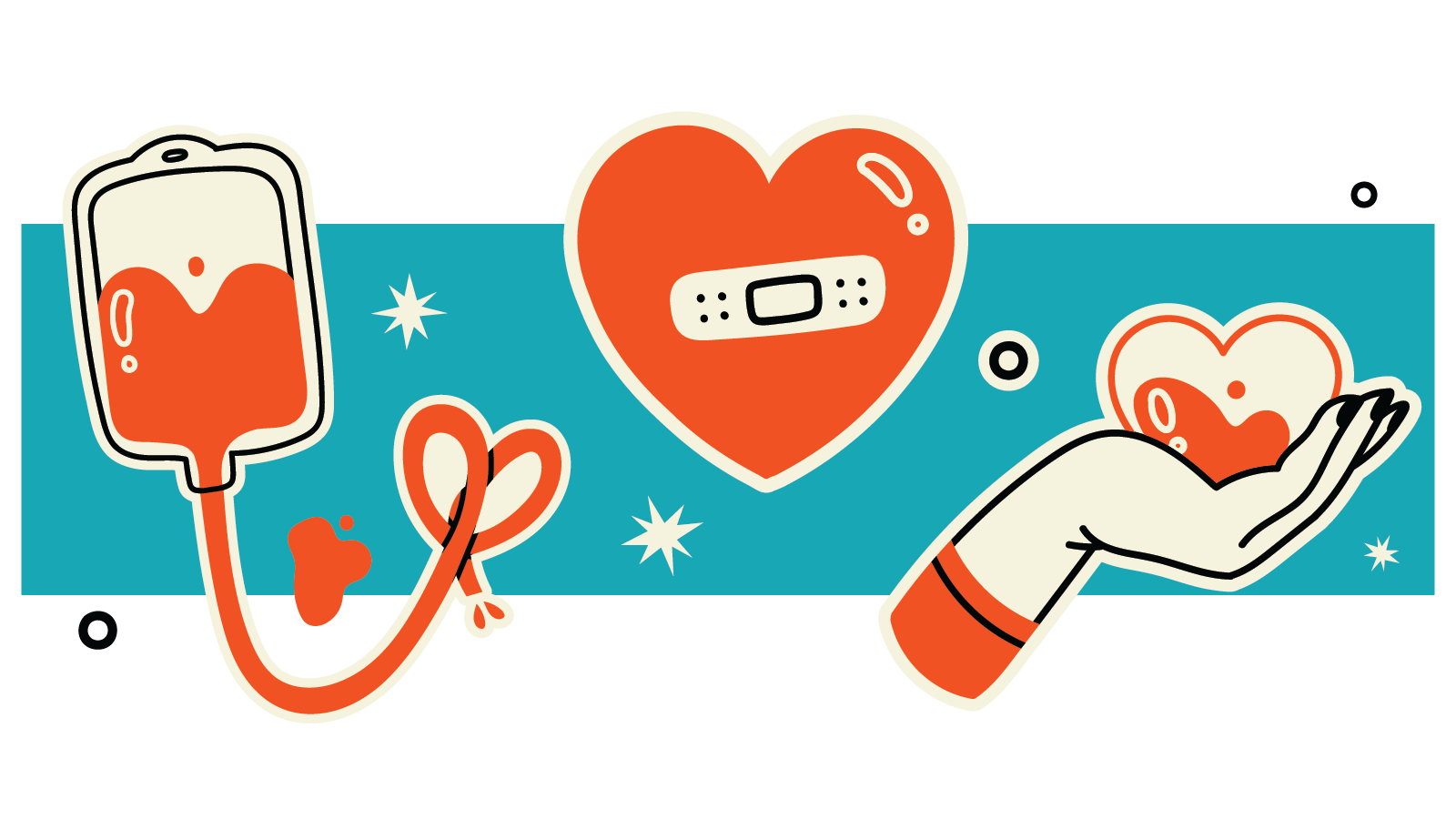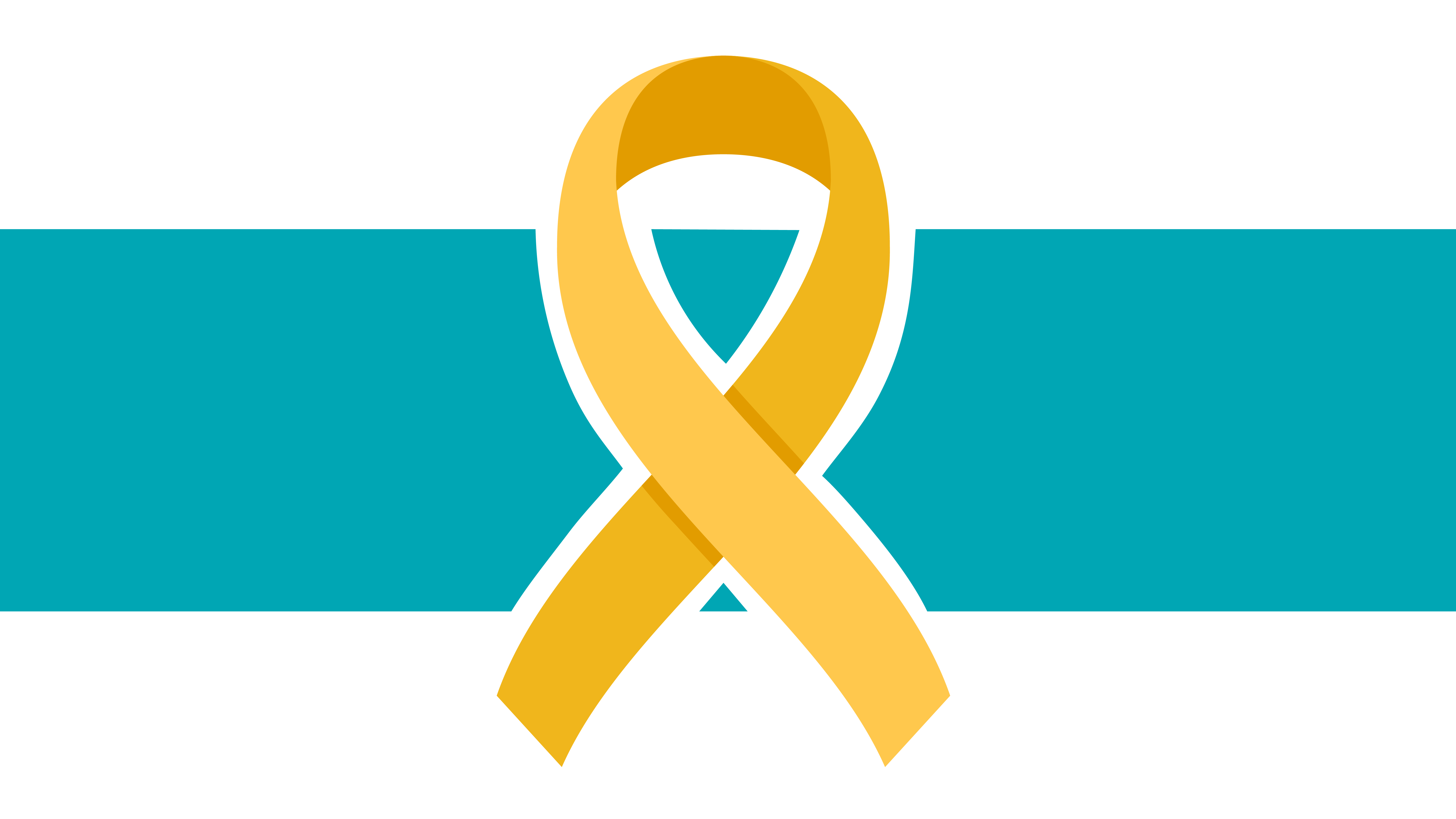Thank You, Blood Donors!
World Blood Donor Day (June 14th) celebrates ordinary citizens around the world who make voluntary, unpaid blood donations to their community’s blood...
2 min read
Healthcare Highways : Jul 11, 2022

Nearly 90% of skin melanomas are caused by excess UV exposure.
Whether you spend your summer months working outdoors, grilling in the backyard, attending your children’s sporting events, you may be at risk of overexposure. According to the Melanoma Research Foundation, nearly 90% of skin melanomas are caused by excess UV exposure. In this blog you will learn what UV Radiation is and how to protect yourself.
What is UV Radiation?
Ultraviolet (UV) radiation is the emission of energy produced by the sun, tanning beds, and other artificial sources. There are three types of UV rays: UVA, UVB, and UVC.
Although there are many benefits of being in the sun, there are also many harmful effects if you are exposed for too long or do not protect yourself.
Harmful Effects of UV Rays
Exposure to UV radiation is a potential risk to both your eyes and skin:
Are some people more likely to be affected than others?
Everyone can be affected by sun exposure. However, it is true that some are more likely to have their skin and eyes damaged by UV rays than others.
The color of the skin is caused by the activity and number of melanocytes (the cells that create a darker pigment in the skin called melanin). Melanin helps block harmful UV rays, which is why those with lighter skin are at a higher risk.
In addition to those who sunburn easily, you should take extra precaution when exposed to UV rays if:
How long is too long?
The World Health Organization recommends between 5 and 15 minutes of direct sun exposure about 2 to 3 times a week in the summer months. If you plan to be out in the sun longer than 15 minutes, it is likely you will need to take preventative measures.
How to minimize risk
The good news is that there are plenty of ways to protect yourself from the harmful effects of UV radiation. The CDC recommends:
Do not forget being outside still has many positive effects. Your sleep cycle, mental health, energy levels, and stress levels can all improve with natural light. So, don’t skip out on the outdoor activities, just remember to wear your SPF!
How Healthcare Highways Can Help
If you feel like you may be at risk or want to learn more about protecting yourself from harmful UV rays, reach out to your primary care provider for more information. If you would like assistance finding a provider or have questions, please call your Customer Experience Advocates team and they will help you through the process!
Sources:
Melanoma Prevention - Melanoma Research Foundation
Ultraviolet Radiation | Radiation and Your Health | CDC
The Sun, UV Light and Your Eyes - American Academy of Ophthalmology (aao.org)
Are Some People More Likely to Get Skin Damage from the Sun? | American Cancer Society

World Blood Donor Day (June 14th) celebrates ordinary citizens around the world who make voluntary, unpaid blood donations to their community’s blood...

Skin cancer poses a significant challenge, impacting millions worldwide annually. According to the Skin Cancer Foundation, one in five Americans will